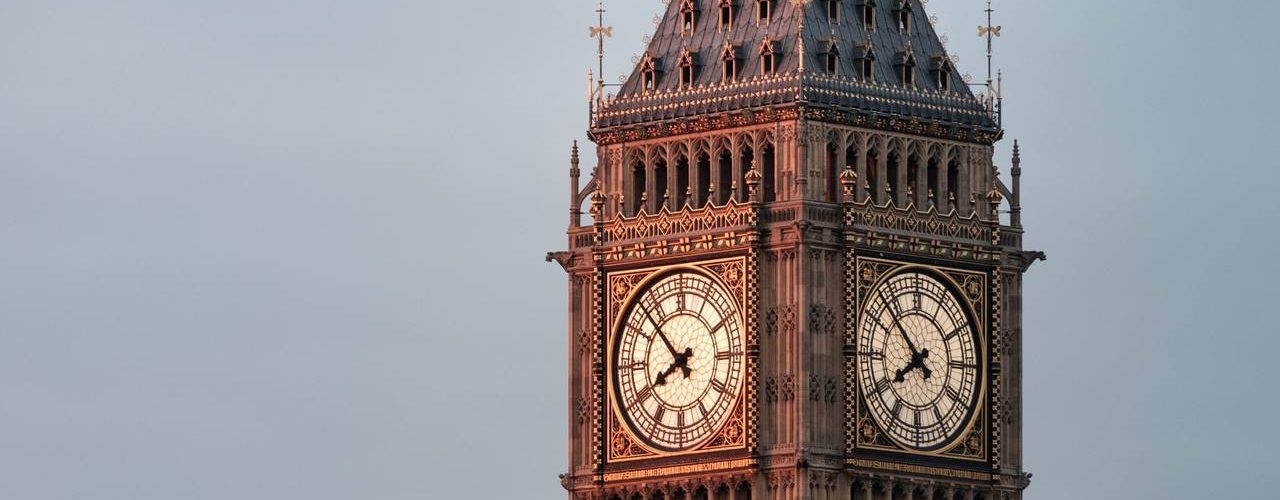- Deductions from salary and salary sacrifices have historically been complex areas, clarified by the CJEU Astra Zeneca case, though not favorably for businesses
- Generally, VAT applies to deductions from salaries for goods or services provided by employers to employees
- Historically, output tax was due on salary deductions for goods or services, while no output tax was due on salary sacrifices as they were not considered taxable supplies
- Changes to these rules took effect on 1 January 2012, but some businesses mistakenly apply old rules
- The value of benefits for VAT is usually equivalent to the salary deducted or foregone
- Under the cycle to work scheme, employers must account for output tax on the value of the salary foregone for bicycles provided to employees
- Childcare arrangements where employees forego salary for third-party childcare do not constitute a supply of childcare by the employer
- For face value vouchers provided under salary sacrifice, input tax can be claimed and output tax is due on the employee’s payment
- For food and catering, VAT applies if employees pay under a salary sacrifice arrangement, but not if meals are free and available to all staff
- Most businesses cannot fully recover VAT on company cars due to input tax restrictions
Source: deeksvat.co.uk
Note that this post was (partially) written with the help of AI. It is always useful to review the original source material, and where needed to obtain (local) advice from a specialist.















